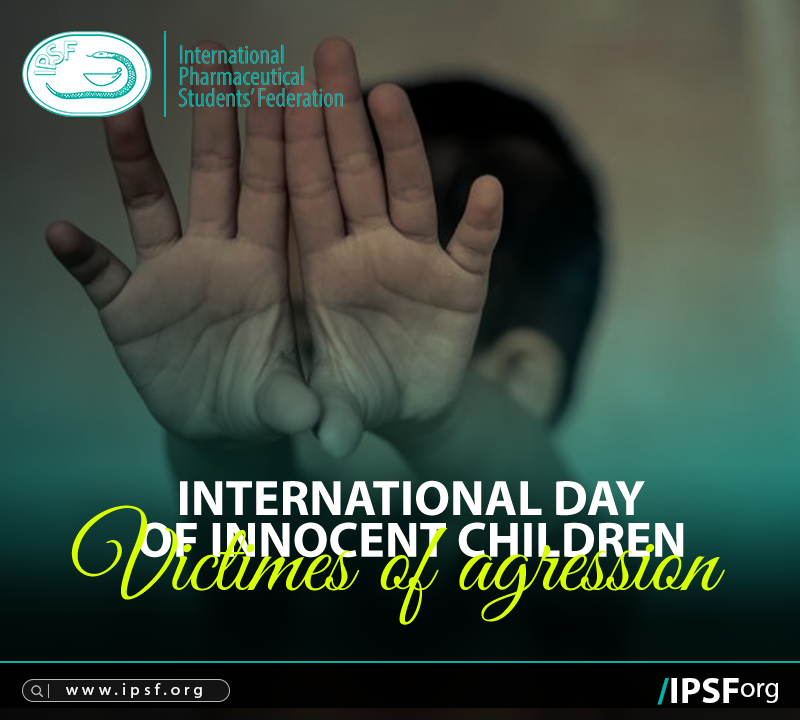
International Day of Innocent Children Victims of Aggression
International Day of Innocent Children Victims of Aggression
By Nisa Masyitah
---------
Children are the most vulnerable victims when there is violence driven by armed conflict. They become an easy target for mental, emotional and physical abuse in violent conflicts because they are too young to flee from danger.
Conflicts violate children’s right to life, health, nurture, and protection. For children in warfare, memories of the war (e.g. being shot at by snipers, seeing other people being murdered, tortured, or hurt and being in a situation in which they had defied death) remain with them.
This causes nightmares, fear, depression and a sense of hopelessness about their future.
MENTAL HEALTH
Violence can cause mental health problems in children. During armed conflict, one of the most significant traumas for children is finding themselves separated from their parents and family members or becoming orphans after the death of their parents.
They might even witness the murders of their parents and develop a distrust of other people. This psychosocial damage is often more distressing than the war itself because family and community support systems are very crucial to a child's development.
Therefore, its breakdown affects generations of young people emotionally for the rest of their lives. From these distressing experiences, most children will recover fairly quickly but a few may suffer permanent damage.
GENDER-BASED VIOLENCE
Rape, sexual humiliation, prostitution and other forms of gender-based violence are often used as weapons of war against children and women in order to torture, punish, intimidate and obtain information. In these violent circumstances, women and girls are the ones who suffer the most intrusive trauma of sexual abuse and rape.
Without help, they will experience the long-term effects of such abuse on their adult lives. Some of those who became pregnant abandon their babies, while others commit suicide.
In other cases, women and girls who are not physically forced to have sexual intercourse may end up with no choice but to trade sexual favors for shelter, food or physical protection for themselves or their children. The rise of sexually transmitted diseases, especially HIV/AIDS, is therefore inevitable.
PHYSICAL WELL-BEING
Because of war, children’s health and well-being are under direct attack. Children are wounded, mutilated, become handicapped or even die as a result of armed violence.
Besides those direct consequences of warfare, children are also affected by the indirect outcomes. Armed violence also results in the destruction of basic services and infrastructure such as health services and water systems. Extreme violence creates critical threats to children’s health, nutrition, sanitation, and other basic needs.
For instance, a shortage of food supplies would affect children the most as they need essential nutrients for their growth. In addition, contaminated water supplies can lead to diseases particularly to children with the least resistance. The lack of health services, food and clean water in war zones results in a high death toll for children.
Besides war traumas, gender-based violence, and health concerns, many children are also captured, imprisoned, forced into labor and exploited. Others leave their country or join the armed forces as “child soldiers” because it is the only way for them to survive.
In order to confront bad memories or express suffering, a child needs help, support and guidance from an empathetic and informed adult. Emergency health teams arriving in conflict zones should always include pediatric care and ensure access to reproductive health care for adolescents.
When it comes to psychosocial care, building on community resources is key. This enables close family members, teachers and community workers to provide children with the long-term support they need to begin healing.
The writer is a member of IPSF Public Health Committee.



